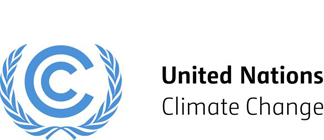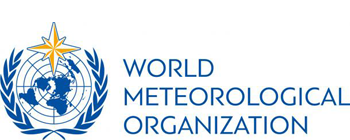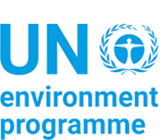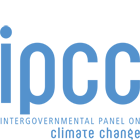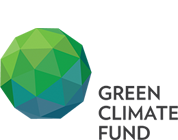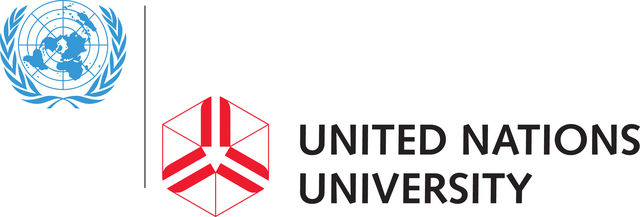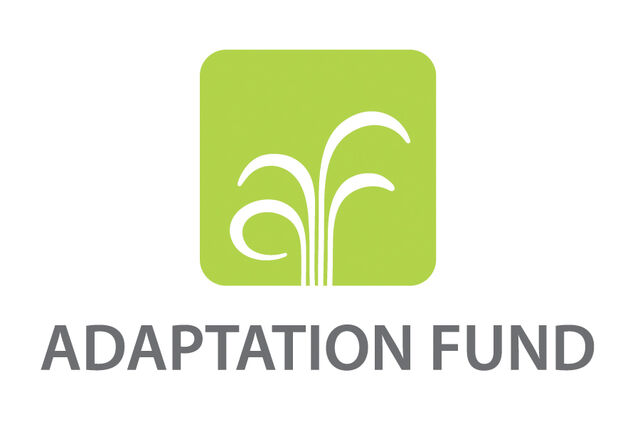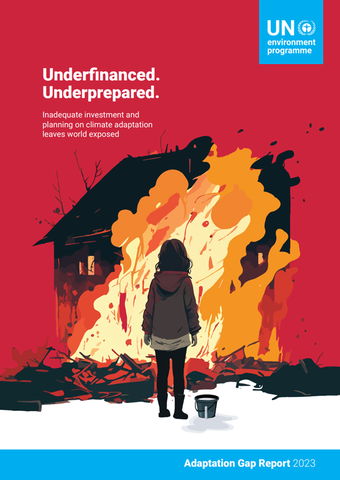The eighth edition of the WASP-supported UNEP-led Adaptation Gap Report: Underfinanced. Underprepared. – Inadequate investment and planning on climate adaptation leaves the world exposed finds that the world must urgently increase efforts to adapt to the impacts of climate change.
The report looks at progress in planning, financing and implementing adaptation actions. At least 84 per cent of Parties to the UN Framework Convention on Climate Change (UNFCCC) have established adaptation plans, strategies, laws and policies – up 5 per cent from the previous year. The instruments are getting better at prioritizing disadvantaged groups, such as Indigenous peoples.
However, financing to turn these plans and strategies into action isn’t following. International adaptation finance flows to developing countries are 5-10 times below estimated needs and the gap is widening. Estimated annual adaptation needs are USD 160-340 billion by 2030 and USD 315-565 billion by 2050.
Implementation of adaptation actions – concentrated in agriculture, water, ecosystems and cross-cutting sectors – is increasing. However, without a step change in support, adaptation actions could be outstripped by accelerating climate risks, which would further widen the adaptation implementation gap.
The report looks at the benefits of prioritizing actions that both reduce greenhouse gas emissions and help communities adapt, such as nature-based solutions, and calls for countries to step up funding and implementation of adaptation actions. Additionally, the report discusses adaptation effectiveness and looks at adaptation-mitigation linkages and co-benefits.

